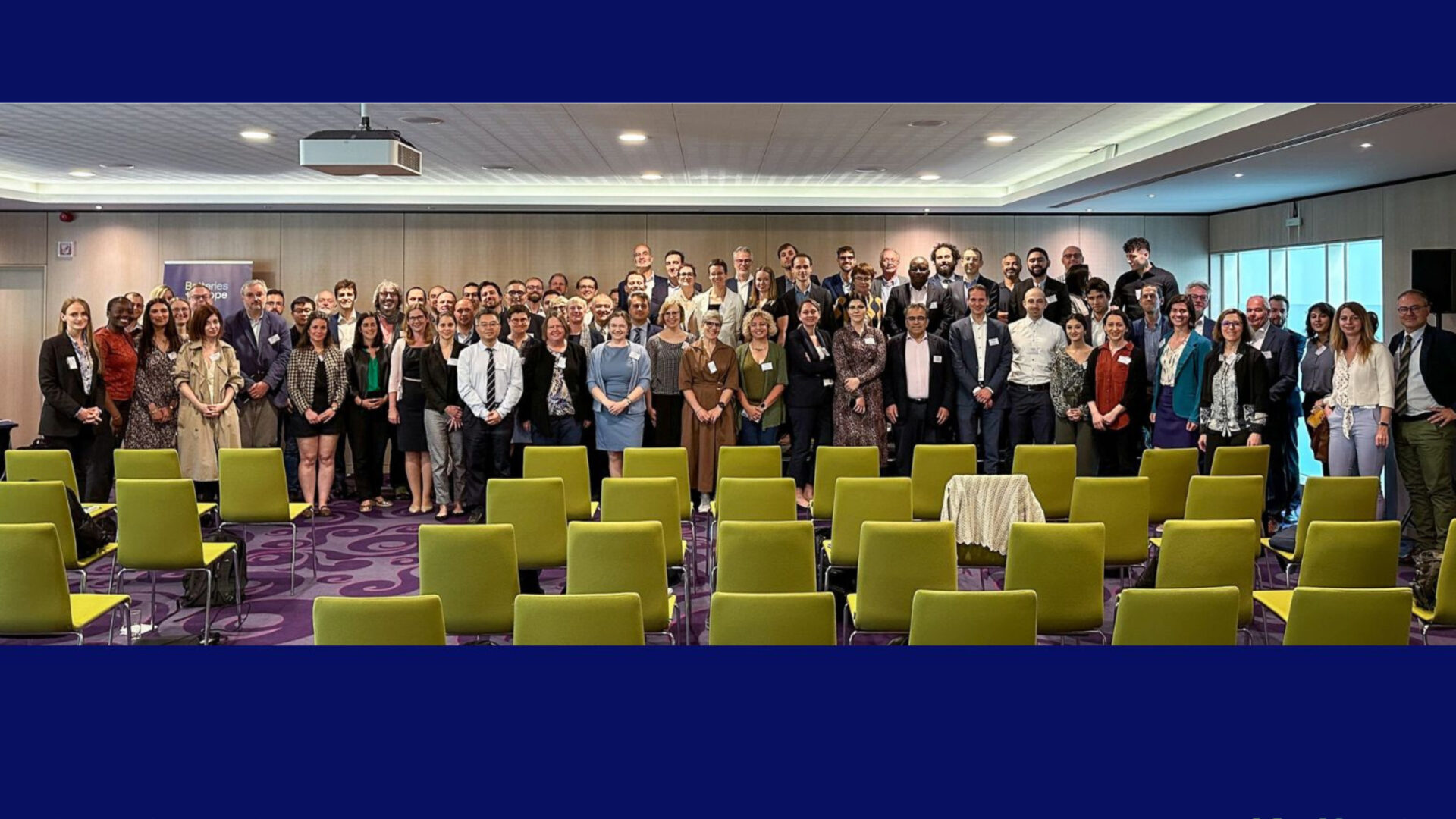9 October 2025:
The energy transition in Europe is entering a decisive phase: with renewable energy now accounting for over 50% of the total energy, the amount of surplus energy in the grid is rising steadily. Without sufficient storage solutions, this leads to expensive curtailments. In Germany alone, over 550 million euros had to be spent on unused electricity in 2024.
Meanwhile, the political debate is focusing primarily on the expansion of new gas-fired power plants. However, a recent study by Flow Batteries Europe (FBE), conducted in collaboration with various companies points to an alternative approach: hybrid systems combining existing gas-fired power plants and newly installed flow batteries can ensure security of supply, significantly reduce costs and lower CO₂ emissions at the same time. The study proves that flow batteries with storage durations ranging from hours to several days are the ideal complement for absorbing surpluses from wind and solar energy and feeding them back into the grid at a later time. Gas plants would only be used during longer periods of bottlenecks or in so-called ‘dunkelflaute’, where there are extended periods of low wind and low solar output.
This results in a double advantage: On the one hand, fossil fuel power plants are needed much less frequently, which reduces emissions and operating costs. On the other hand, existing gas capacities can be used much more efficiently in a hybrid structure, as expensive start-stop cycles are avoided. The shared grid infrastructure also reduces investment costs, while batteries can generate additional revenue through arbitrage and grid services.
The study also emphasises the industrial policy aspect: flow batteries can be manufactured from abundant, non-toxic raw materials and enable the establishment of a European value chain – in line with the EU Clean Industrial Act. This means that the technology is not only a building block for a stable electricity grid, but also a driver of regional development, job creation, and technological sovereignty.
‘Every new pure gas-fired power plant carries the risk of becoming a stranded fossil fuel asset. Hybrid systems combining gas and flow batteries are the realistic, economical and climate-friendly answer to the challenges of an electricity system with a growing share of renewable energies,’ the analysis states.
Read the full study: The Synergies of Flow Battery–Gas Plant Hybrids for Increased 2-way Flexibility





